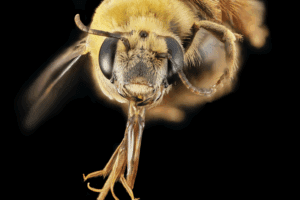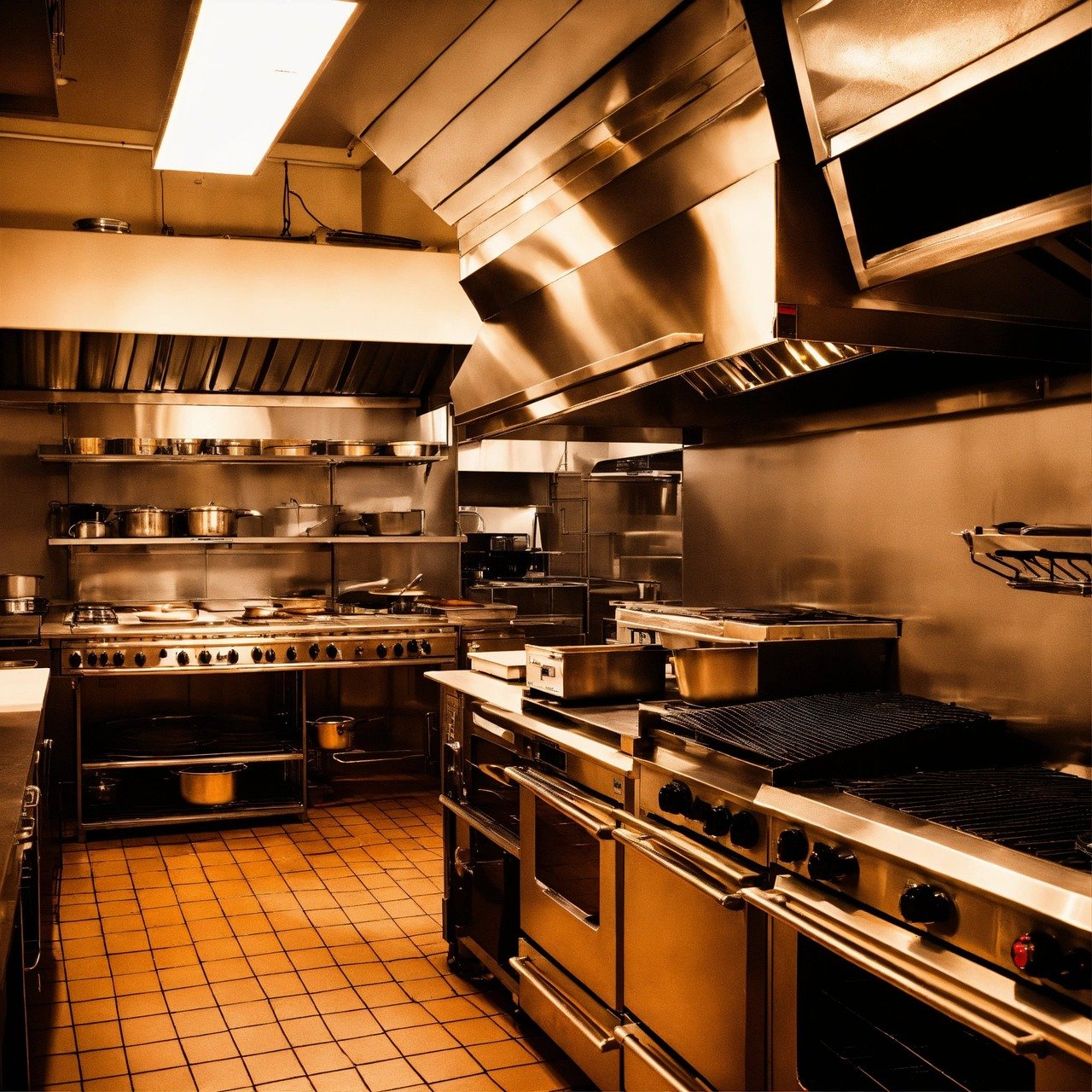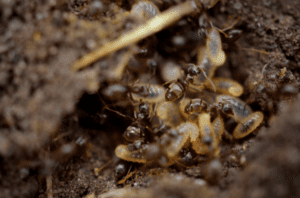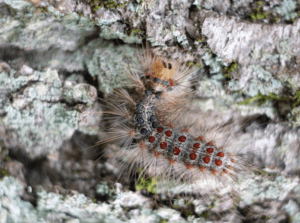

In the bustling environment of restaurants, maintaining impeccable hygiene is paramount, especially when dealing with the challenge of how to get rid of flies in restaurant. This article explores the significance of effective fly control and the implementation of integrated pest control methods in restaurants. From hygiene standards to customer satisfaction, every aspect hinges on keeping these airborne pests at bay.
How to Get Rid of Drain Flies
Restaurants and bars generally have quite a few sinks and drains, especially compared to other establishment types. This makes the food industry particularly susceptible to drain fly infestations. To target drain flies specifically, employ these specialized removal methods:- Deep Cleaning Drains: Drain flies breed in the organic matter that accumulates within drains. Use a drain brush or plumbing snake to physically remove buildup, followed by flushing the drain with a mixture of baking soda and vinegar to dissolve remaining organic material. Boiling water can be poured down afterward to rinse the drain.
- Biological Drain Cleaners: Introduce biological agents like bacterial drain cleaners, which contain enzymes that digest organic matter, effectively eliminating the breeding sites for drain flies.
- Gel Cleaners: Gel-based drain cleaners can adhere to the sides of pipes, providing longer-lasting effects compared to liquid cleaners. These gels penetrate and break down organic buildup, reducing drain fly breeding grounds.
- Foam Drain Cleaners: Foam drain cleaners expand to fill the entire pipe, effectively reaching inaccessible areas where drain flies may be breeding. They break down organic matter and help flush out debris, preventing future infestations.
- Commercial Insecticides: In severe infestations, consider using commercial insecticides specifically labeled for drain fly control. These products often contain microbial insecticides or chemicals that target adult drain flies and their larvae.
- Drain Covers: Install fine mesh drain covers to prevent adult drain flies from entering or laying eggs in drains, reducing the likelihood of future infestations.
How to Get Rid of Fruit Flies
Restaurants and bars are filled with things that attract fruit flies, including fruits and vegetables, alcohol, garbage cans, mop buckets, and more. Establishments facing fruit fly infestations can employ the following targeted removal methods to effectively eliminate these pests, ensuring comprehensive restaurant pest control:- Fruit Fly Traps: Place commercially available or homemade fruit fly traps near breeding sites, such as overripe fruits, garbage cans, or bar areas. These traps typically utilize attractants like apple cider vinegar or fermenting fruits to lure and trap fruit flies.
- Cleanliness and Sanitation: Regularly clean and sanitize surfaces, particularly those with food residues, spills, or organic matter. Promptly dispose of overripe fruits and vegetables, and ensure garbage cans have tightly sealed lids to prevent fruit fly access.
- Air Curtains: Install air curtains at entrance points to create a barrier of airflow, preventing fruit flies from entering the establishment.
- UV Light Traps: Utilize UV light traps near entrances or areas with high fruit fly activity. These traps attract and capture fruit flies using ultraviolet light.
- Fruit Fly Baits: Apply commercial fruit fly baits in areas of high activity. These baits contain attractants and insecticides to lure and kill fruit flies.
- Vinegar and Soap Solution: Create a homemade trap by placing a mixture of apple cider vinegar and a few drops of dish soap in a shallow dish covered with plastic wrap punctured with small holes. The vinegar attracts fruit flies, while the soap breaks the surface tension, causing them to drown.
- Regular Inspections: Conduct routine inspections to identify and eliminate potential breeding sites and entry points for fruit flies.






